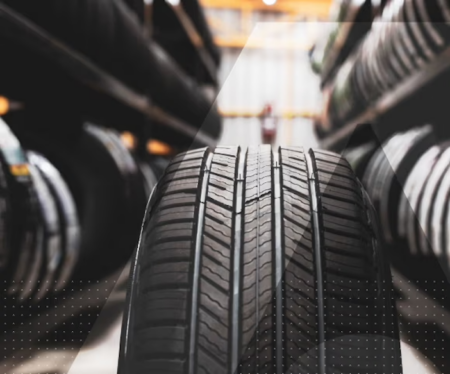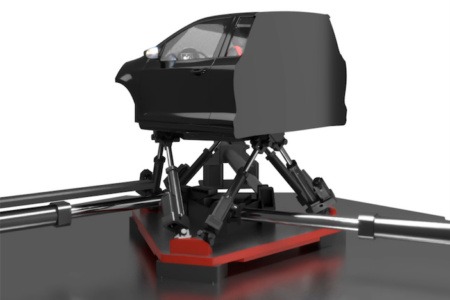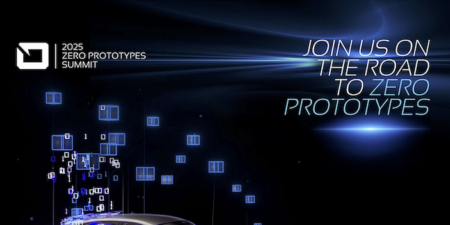Seat has reported that it has used virtual reality technology to reduce prototype production time by 30% and halve the total number of prototype vehicles required to be produced for development programs. By wearing virtual reality Oculus glasses, engineers are able to optimize production processes and accurately visualize the vehicle, from the suspension, to packaging, to styling.
Indeed the entire production process of the new Seat Ateca was supported by virtual reality technology. “More than three years elapsed since the moment we saw the initial images until the car went on sale,” said Javier Díaz, head of the Seat Prototype Centre. “During that time we analyzed every centimeter of the car and made numerous decisions to improve it; in particular we implemented more than 800 improvements in the virtual stage.”




